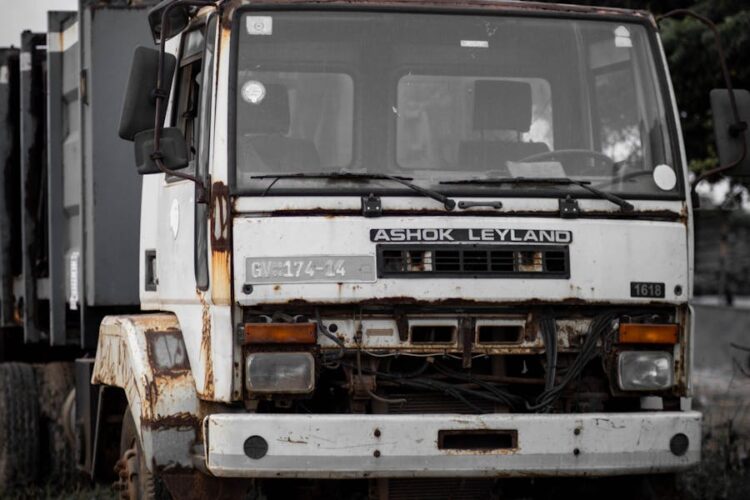Large trucks, like semi-trailers and tractors, can cause accidents like any other vehicle, but the damage and injuries are often far more severe because of their size and weight. If you’ve been injured in a truck accident, it’s critical to take action and contact an attorney to see if you have a case. Depending on the severity of your injuries, you might need all the compensation you can get to cover your medical bills and lost wages, which is something you won’t get from an insurance company settlement.
Many factors can contribute to and directly cause truck accidents, but the following is a list of the most common.
1. Critical events
The Federal Motor Carrier Safety Administration (FMCSA) defines critical events as:
· Running out of travel lane and moving into another lane or going off the road
· Loss of control from traveling faster than is safe for the current road conditions
· Cargo Shifting
· Vehicle failure
· Poor road conditions
· The driver made a bad decision, like misjudging speed or overcompensating
· The driver was disabled by a seizure or heart attack
These are just some of the main critical reasons large trucks end up involved in a crash. Unfortunately, many of the above-listed factors result in fatalities.
2. Inclement weather
Inclement weather is a common cause of truck accidents. Ice, snow, and even rain can alter driver perceptions and change the way tires interact with the roads. For example, rain makes roads slick enough for vehicles to hydroplane, and puddles are sometimes deeper than they seem.
When the roads are iced over, they don’t melt in every spot at the same rate, which makes patches of black ice a possibility. Cars slide around and drivers lose control when they hit black ice. This is common after it snows when the snow turns to ice.
Speaking of snow, although it’s not hard to drive in it, the presence of snow can cause truck accidents when drivers are inexperienced, don’t reduce their speed to allow for faster stops, or are distracted.
3. Distractions
Distracted driving is always a danger, but when a truck driver is distracted, the consequences are often far worse. Large trucks can impact several cars at once if the driver moves out of their lane, and because of their size and weight, it doesn’t take much to do damage. When traveling at higher speeds, drivers of smaller cars involved in a truck accident are at high risk for severe injuries and even fatalities.
Distractions can be anything that takes a driver’s attention off the road, including eating, trying to manipulate a GPS device, and using a smartphone. Even having a hands-free conversation can be heavily distracting to some people.
3. A tired or exhausted driver
To prevent fatigued driving, drivers of large trucks are only legally allowed to drive for a set number of hours per day before getting a set number of hours of rest. These rules are called Hours of Service (HOS) Regulations and were enacted by the FMCSA. Although these rules exist, drivers routinely violate them.
Tired truck drivers put lives at risk because it makes them less attentive and more likely to make poor judgment calls.
4. Drugs and alcohol
Sometimes, truck drivers cause accidents while under the influence of drugs or alcohol, and it’s not as uncommon as you might think. Alcohol and drugs impair a person’s ability to drive safely and can cause them to misjudge distance, depth, and movement.
5. Speeding
Speeding may seem like no big deal, but a speed limit helps traffic maintain a predictable flow, and anytime someone is speeding, it creates a hazard for the rest of the traffic. When a large truck speeds, that hazard exponentially increases. A higher speed creates the need for more stopping distance, and sometimes trucks can’t stop in time.
Sometimes the driver of the car is at fault
Although smaller cars usually receive the worst damage in a truck accident, sometimes the truck driver isn’t at fault. A lot of people drive unsafely around large trucks and do things like:
· Changing lanes too closely in front of a truck
· Trying to race a truck through a right turn
· Not slowing down when a truck changes lanes or starts to merge
· Driving in a truck’s blind spot
· Not accelerating fast enough when pulling out in front of a truck
· Driving between two trucks on the freeway
Doing the above is unsafe and responsible for causing many truck accidents where the driver is deemed at fault. No matter who is responsible for a crash, the consequences can be devastating, highlighting the importance of driving safely around semi-trucks and tractor-trailers.










